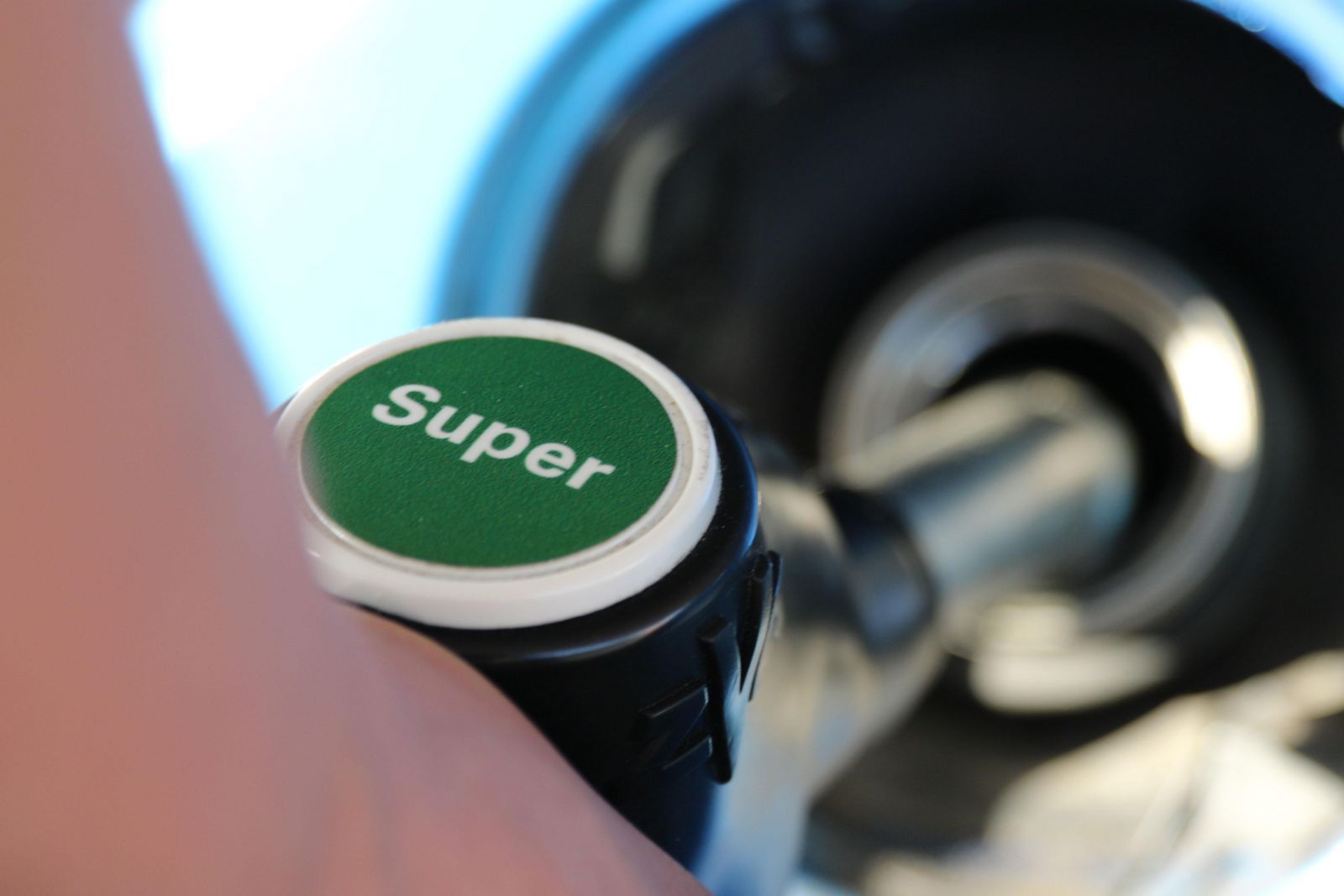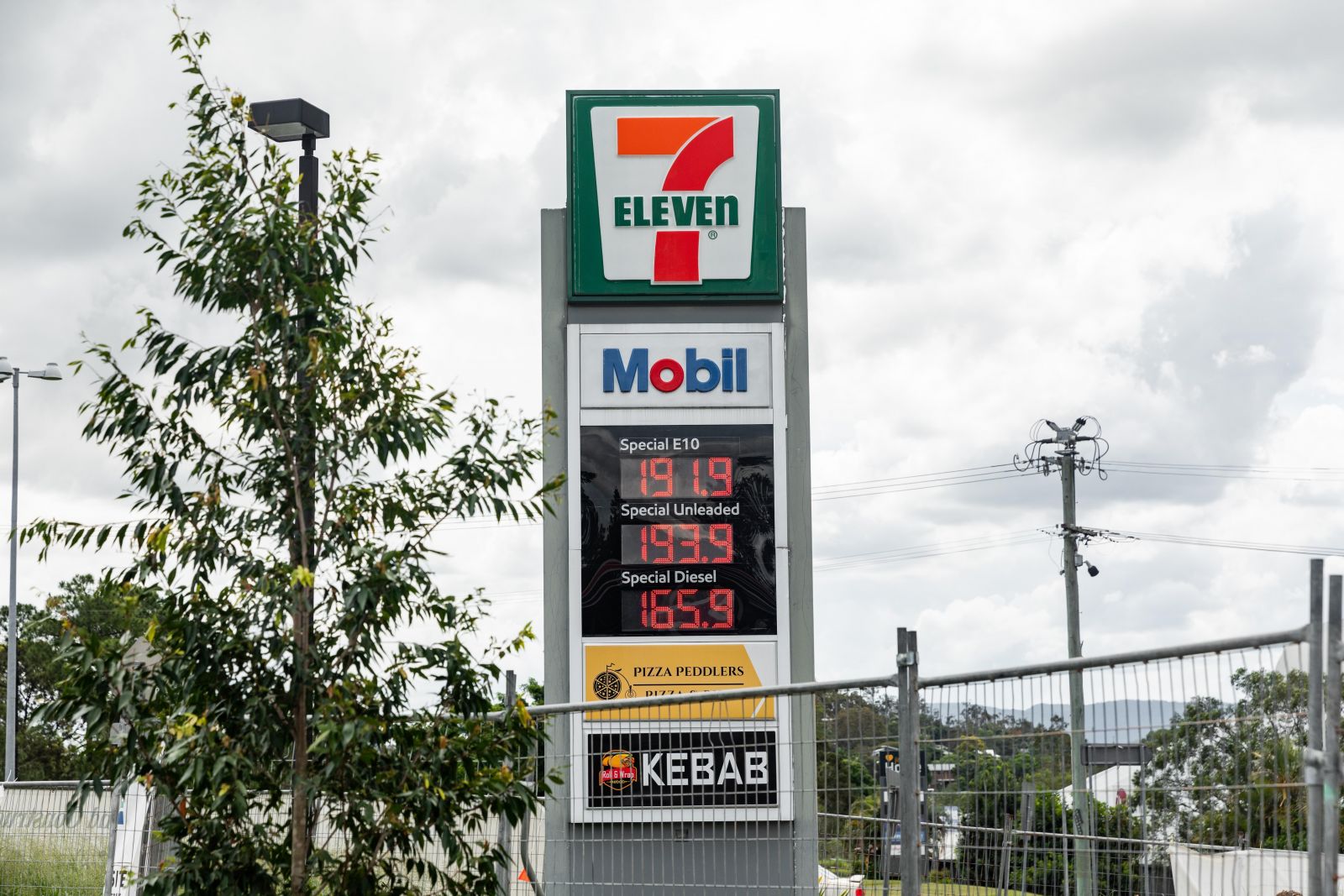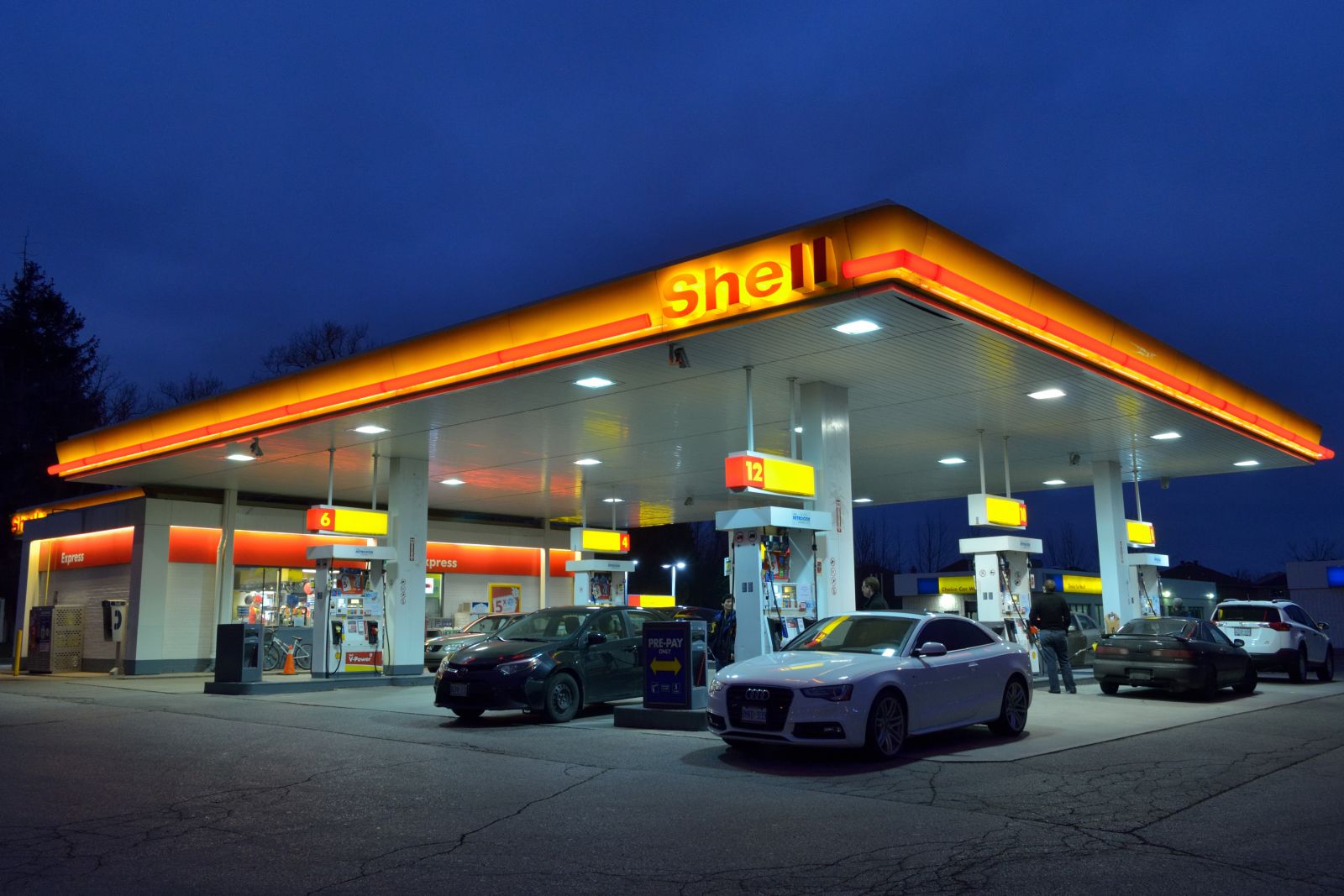Fuel excise cut is lowering petrol prices already, says ACCC
[ad_1]
The Australian Competition and Consumer Commission (ACCC) says the fuel excise cut announced in last week’s Federal Budget is largely being passed through to customers, thereby lowering petrol and diesel prices as designed.
The government-backed watchdog says its monitoring of petrol prices has found “significant falls” in retail prices in the major capital cities a week after the cut in fuel excise came into effect, and added it would continue to monitor service station pricing.
It claims that between March 29 and April 5, 2022, average daily regular unleaded petrol prices fell by between 25 cents per litre (c/pl) and 27 c/pl in Sydney, Melbourne and Brisbane, around 31 c/pl in Adelaide, and by 35 c/pl in Perth.
Prices have also reportedly fallen in Canberra, Hobart and Darwin, by between 19 and 24 cp/l so far, while prices in many regional centres are also lower. For example, in Cairns and Launceston, petrol prices have fallen by about 24 c/pl, and Armidale by 15 c/pl in one week.
The ACCC added it was also seeing a reduction in diesel prices in many locations reflecting the cut in excise, “but by not as much as petrol”. This may reflect that turnover of diesel is often longer than turnover for petrol, at least at servos without truck bays.
The excise cut was equal to 22 cents per litre, so evidently this claimed fall in fuel prices is also attributable to other factors such as international refined petrol prices and the exchange rate.
“Over the next weeks, as petrol stations use up their stocks of fuel on which the higher excise had already been paid, we expect the reduced wholesale price to be passed through at the bowser everywhere,” ACCC Chair Gina Cass-Gottlieb said.
“… Despite the various factors impacting the fuel price, our analysis indicates that clearly a major part of the reduction in excise has already been passed through in the major capital cities.
“… It will take some time for petrol stations with lower turnover to use up existing stocks of petrol and diesel, and restock with fuel at the reduced wholesale price that takes account of the excise cut,” Ms Cass-Gottlieb added.
While the temporary cutting of the fuel excise from 44 cents to 22 cents per litre was welcomed by the car industry, both the peak body for car brands (the FCAI) and the peak body for dealerships (AADA) want much deeper reforms to vehicle taxation in general.
The FCAI says now is the right time for policy makers to look into a broad-based road user charge scheme “which would replace a range of outdated and inefficient charges”.
“Since the release of the FCAI’s discussion paper on road user charging, some State Governments have announced plans to introduce a road user charge for the owners of electric vehicles as part of their zero emission strategies. Our view is that Governments can take this further and apply a road user charge to all vehicles, regardless of their engine type,” said CEO Tony Weber.
“Importantly, a road user charge is not an additional tax on motorists. Instead, it can replace a myriad of charges such as registration, fuel excise licence fees, luxury car tax and sales tax.
“The reduction in complexity also presents an opportunity to reduce the large bureaucracies required to administer these inefficient taxes and charges, providing additional economic benefit.”
“State and Territory Governments are beginning to adapt to the changing nature of mobility in Australia, including the rise of electric vehicles that do not pay fuel excise. Applying RUC more broadly and scrapping taxes like fuel excise and the luxury car tax will ensure that all motorists are paying an equitable amount to use Australia’s road network.
“… Clearly the details need to be carefully considered to ensure any scheme considers the application of equity for motorists across the country. This is particularly important when considering rural and regional travel, the Australian lifestyle and our tyranny of distance.”
“We need this reform to move Australia’s road tax system from last century and ready it for the future of motoring. Australians want a future that can provide clarity, simplicity, fairness and value to their wallet. There is no better time than now to bring this future into reality.”
The AADA likewise called on the government to commit to structural tax reform in the automotive industry.
“While [the] Budget responds to the current cost-of-living pressures being experienced by so many car owners, we desperately need a national plan for the major changes facing the automotive industry,” AADA CEO James Voortman said.
“In the lead up to the reintroduction of the full fuel excise in September 2022, the Government should consult widely on reforming this heavily taxed sector.
“Dealers’ customers provide tens of billions in taxes annually to federal, state and territory governments. Halving the fuel tax for motorists for six months will relieve some pressure in the short term, but what is desperately needed is a wholesale review of the automotive taxation system in Australia.
“This budget shows that motorists will be paying billions in taxes, such as import tariffs, the luxury car tax, fringe benefits tax, GST and excise. With Australia no longer manufacturing passenger vehicles and with the emergence of low emissions vehicles (LEVs), it is questionable whether our current automotive taxation regime is fit for purpose.
“This is a time of immense change in the automotive industry, and we are seeing state and territory governments follow their own paths on crucial issues such as provision of incentives for LEVs, vehicle taxation and road user charging. We simply need national leadership.”
MORE: Government cuts fuel excise in half for six months
[ad_2]
Source link






